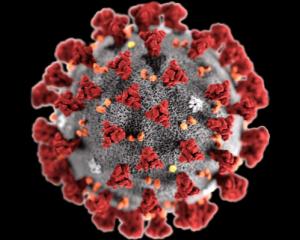About 25 casual staff will lose their jobs when the Apata fruit packhouse in Whangarei closes at the end of next month.
The job losses come after the Psa vine disease has reduced kiwifruit production.
Avocados are also packed at the South End Ave facility, but Apata's Northland manager, Graeme Burnett, said yesterday there were not enough of them to warrant keeping the packhouse operating.
From February next year, Northland kiwifruit which the company now packed in Whangarei would be handled by an Apata packhouse in the Bay of Plenty.
Avocados now packed at Apata Whangarei would be sent to the Golden Mile packhouse in Maunu and to Far North Packers in Awanui.
Back in 2010 the Apata packhouse - set up in Whangarei in 2000 - was packing 600,000 trays of kiwifruit for Zespri during April-June and 532,800 trays of avocados from July to February.
It employed 12 fulltime staff, with 60 more taken on during the kiwifruit harvest and 50 in the avocado season.
Zespri communications advisor David Courtney said yesterday that New Zealand's kiwifruit export crop last season was just over 100 million trays.
An estimate of next year's national production had not yet been finalised, but it was expected to be lower as Psa had reduced kiwifruit output, particularly in the Bay of Plenty.
Mr Burnett said packhouses were now closing "left, right and centre" around the country.
Apata Whangarei was joining them because the lease on its packhouse building was expiring and the kiwifruit industry was having to rationalise to deal with the effects of Psa.
The closure would be "sad, but a fact of life", Mr Burnett said.
It would be "difficult" for the casual staff, many of whom had been working for Apata for a long time.
A fulltime packhouse manager would also lose his job, but Mr Burnett was remaining in Whangarei to "move the [Apata] avocado business forward".
He considered putting Apata avocado growers' crops through the Golden Mile and Far North Packers would help make those two packhouses more sustainable, which would be good for growers.
- The Northern Advocate











